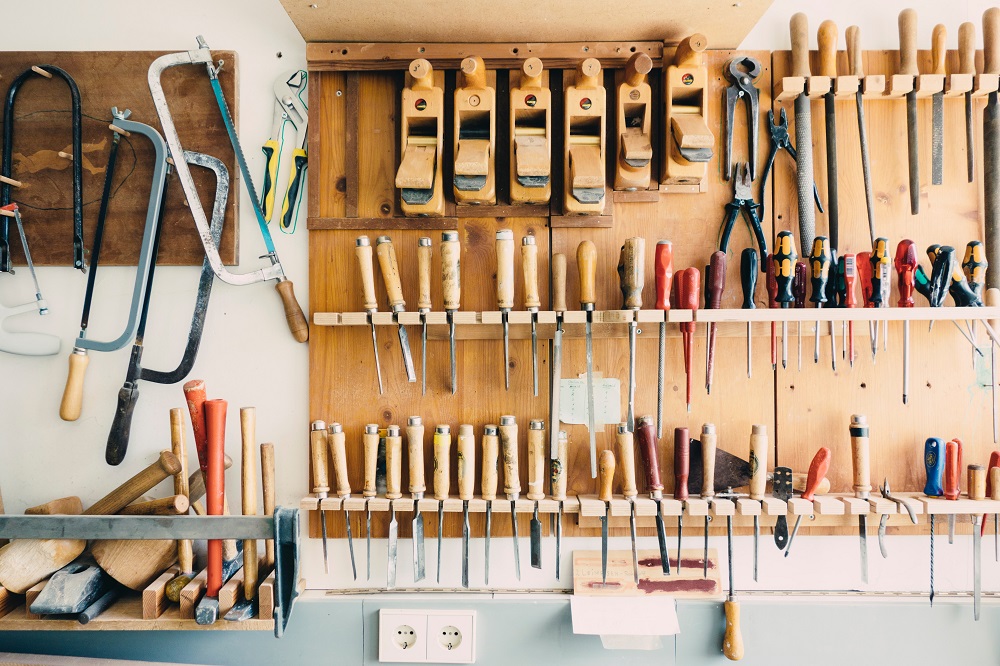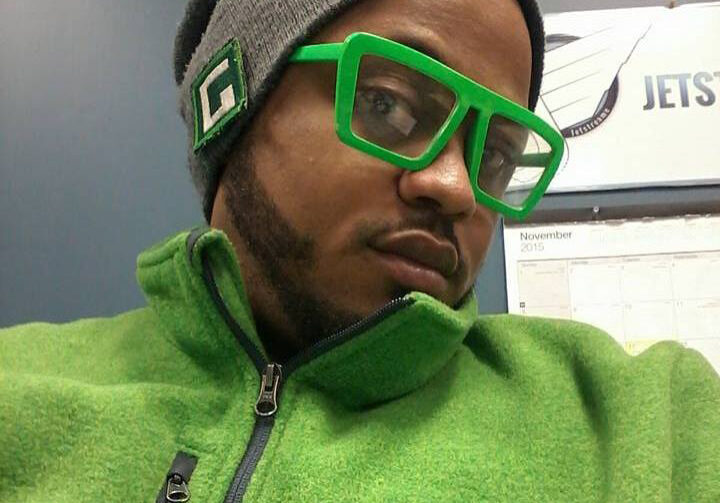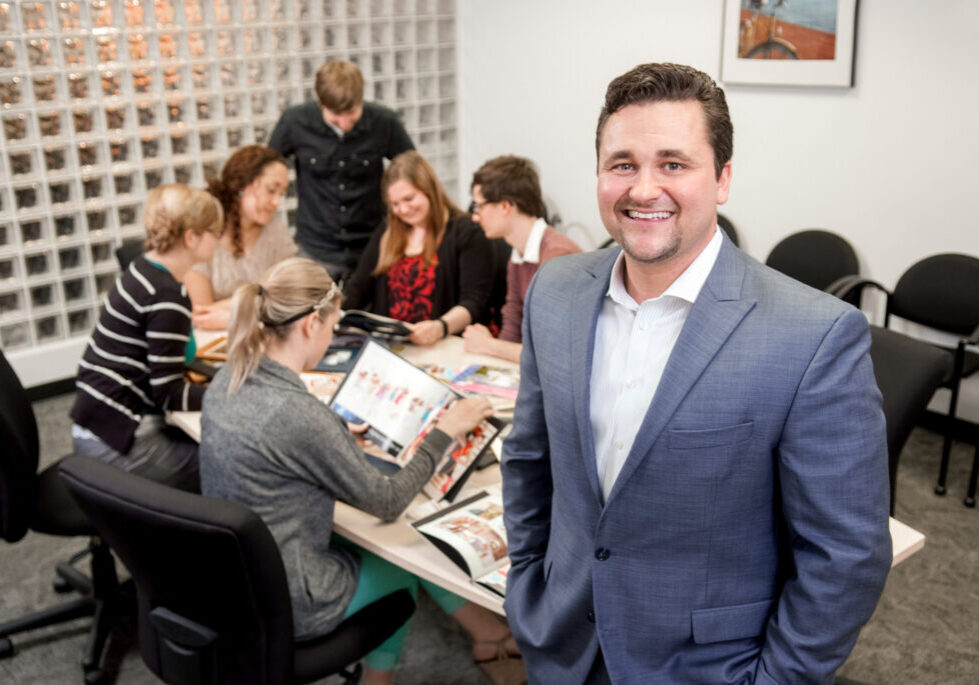“There were a lot of times when we needed tools and Home Depot was simply sold out,” says Corey Dinkel. “There just wasn’t enough to go around.”
Those challenges proved to be the spark for those procurement professionals to take the plunge on a technology startup idea they had been casually kicking around for some time. A few months later Dinkel, Brandon Wilson, Lance Glaser and Richard Xie founded Idle, a mobile app for Android and iOS that launched in May.
The app lets users rent needed items from verified and reviewed people who are nearby, and also offers the opportunity to list underused items and earn some extra money. The type of items available range from musical instruments and gardening tools to kitchen equipment and bicycles. All items listed are automatically protected for up to $500.
The “Airbnb for your stuff,” as the founders have called it, has gained a foothold in Baton Rouge over the past few months, setting up the company for an expansion into other markets and positioning it for outside investment to fuel more growth.
Untapped Potential
A key moment of inspiration came in the early days after the flood when Dinkel returned home to his unaffected neighborhood and realized the homes that lined the streets had an abundance of tools that would help the recovery effort.
“Their garages were full of the things we needed, but we didn’t have a good way to get ahold of them,” he says. “So I thought if we had peers that would list their things, it would have been very helpful.”
The team, which has bootstrapped the app while continuing in their day jobs, leaned on their expertise in procurement, where they manage departments totaling more than 150 people and deal with equipment rentals on a regular basis to assist clients.
They partnered with Chris Dykes and Petr Filipchyk of Clear Blue Design to create the app, kicking off development in May 2017 and launching their first public product a year later. “We wanted to have a fairly complete product when we launched, and I feel like we accomplished that,” Dinkel says.
The app has about 1,000 users and 500 items listed and has gained some attention beyond Louisiana despite the company’s lack of marketing outside of the Baton Rouge area. “We’re starting to see people pick it up around the country, which is really exciting,” Dinkel says.
Peer-To-Peer Power
The startup kicked off the app testing by convincing friends and family to list some of their items for rent, followed by a handful of power users who added dozens of items each and provided constructive feedback on the early version of the product. “They’ve been very supportive and active in the process, as far as troubleshooting and bug fixes,” Dinkel says. “We’ve had some great users.”
Since then several large rental companies have started listing items on the service. “The commercial users are going to be important from an inventory perspective,” Wilson says. “It also opens up those commercial clients to a larger user base.”
But the core value proposition of the app lies in the power of peer-to-peer transactions, which can typically offer much lower rates for most household items because they don’t have the overhead of a commercial operation. The app can also facilitate delivery by the owner, pickup by the renter or delivery and return by a third party. “There’s a sense of ease that is added by the application that doesn’t exist in a traditional brick-and-mortar storefront,” Dinkel says.
Preparing for Growth
For its next stage of growth the company is eyeing markets similar in size to Baton Rouge, preferably with universities that support a youthful user base and young homeowners with families who are more likely to adopt the app. Dinkel says New Orleans is the most likely next step, although customers in Colorado and Las Vegas have discovered the app and started using it on their own.
“We have some benchmarks we want to hit in Baton Rouge before we take on a second market, but I think we can do it in short order with the right marketing budget,” Dinkel says.
Dinkel says the startup is working with a group of mentors, honing its pitch deck and preparing to seek its first round of outside investment.
“We feel like we’ve done a great job as far as getting the name out there over the past three months, but it’s that initial round of funding that’s really going catapult us to those people we need to reach,” he says. “We’re extremely excited to start this process.”





